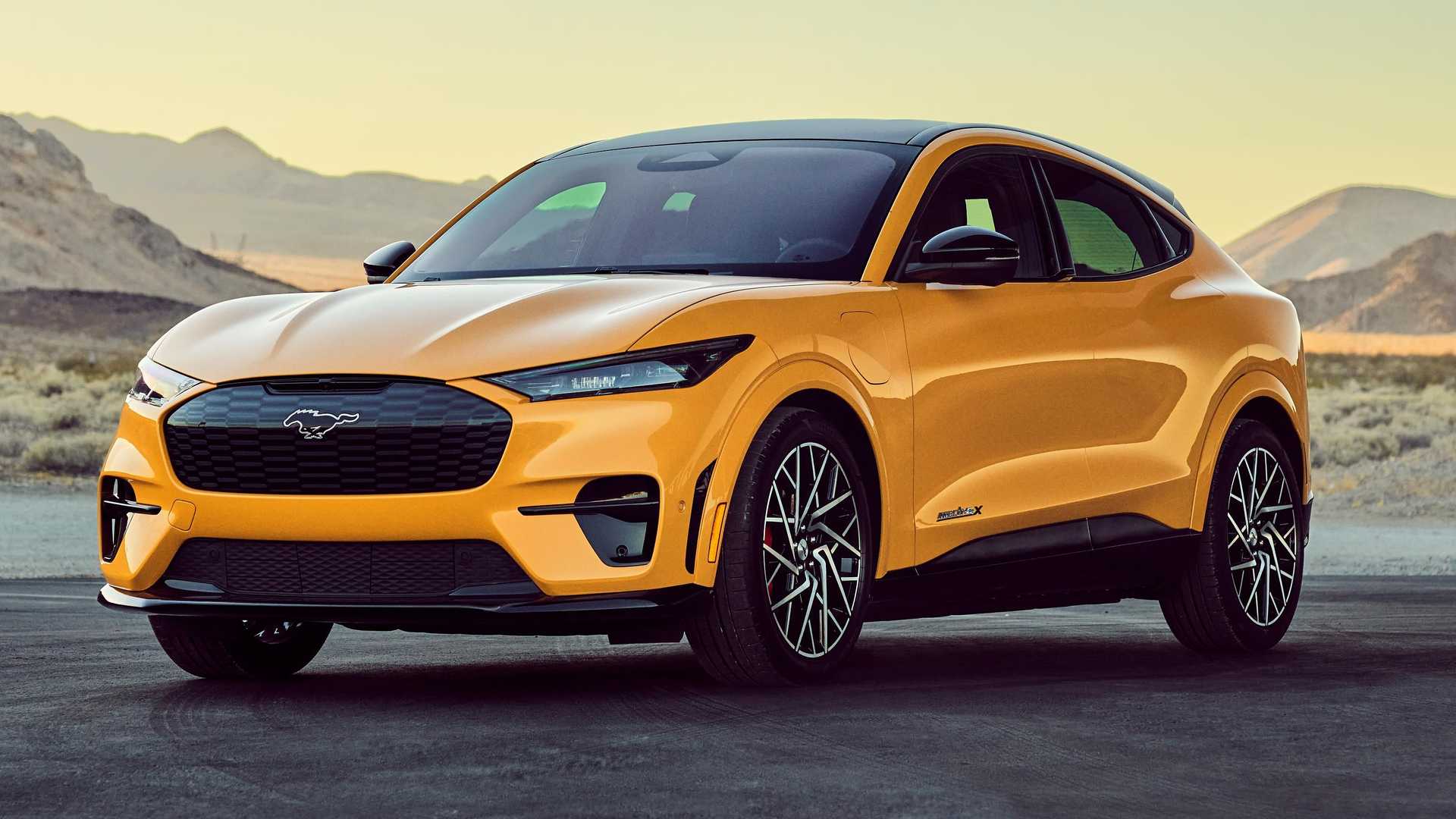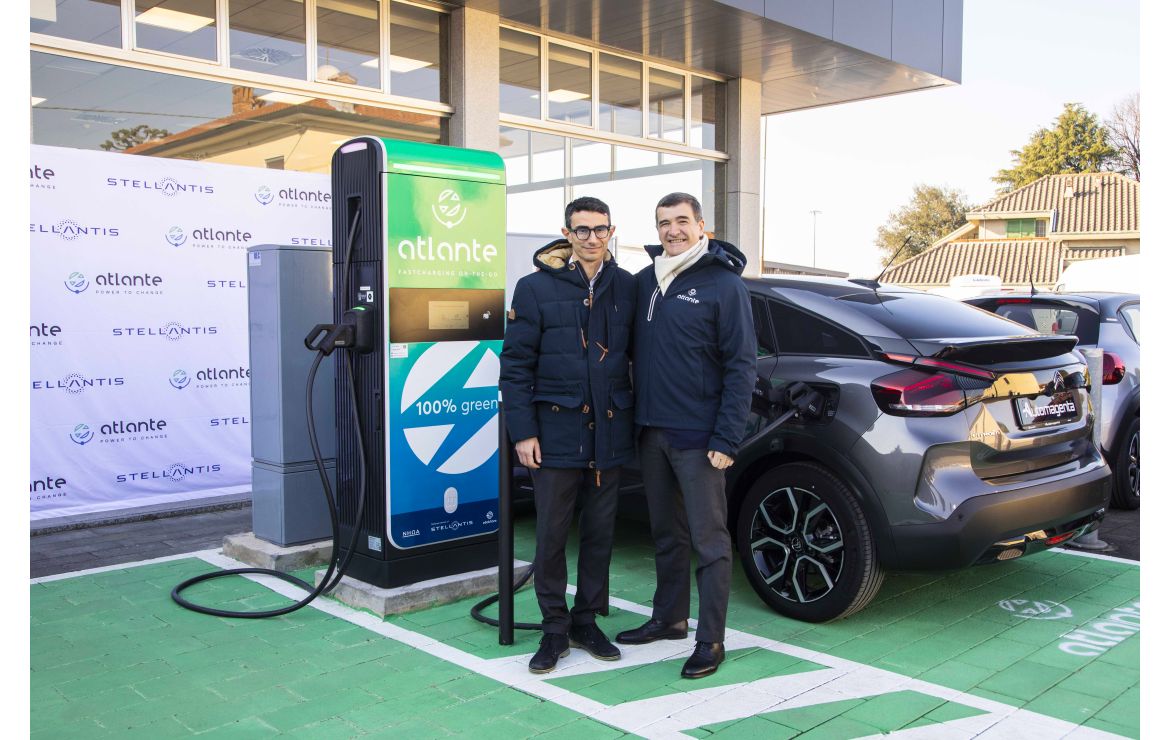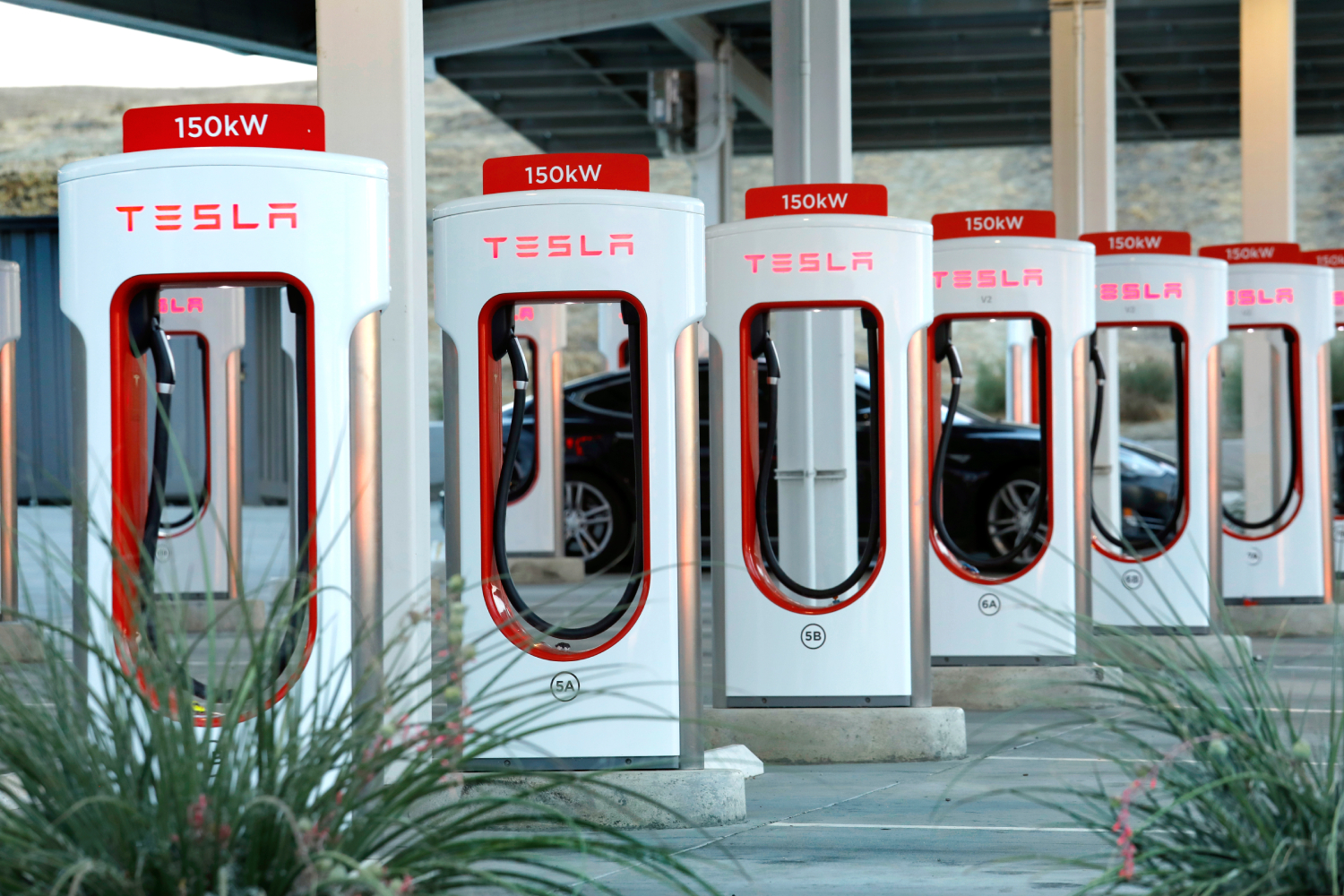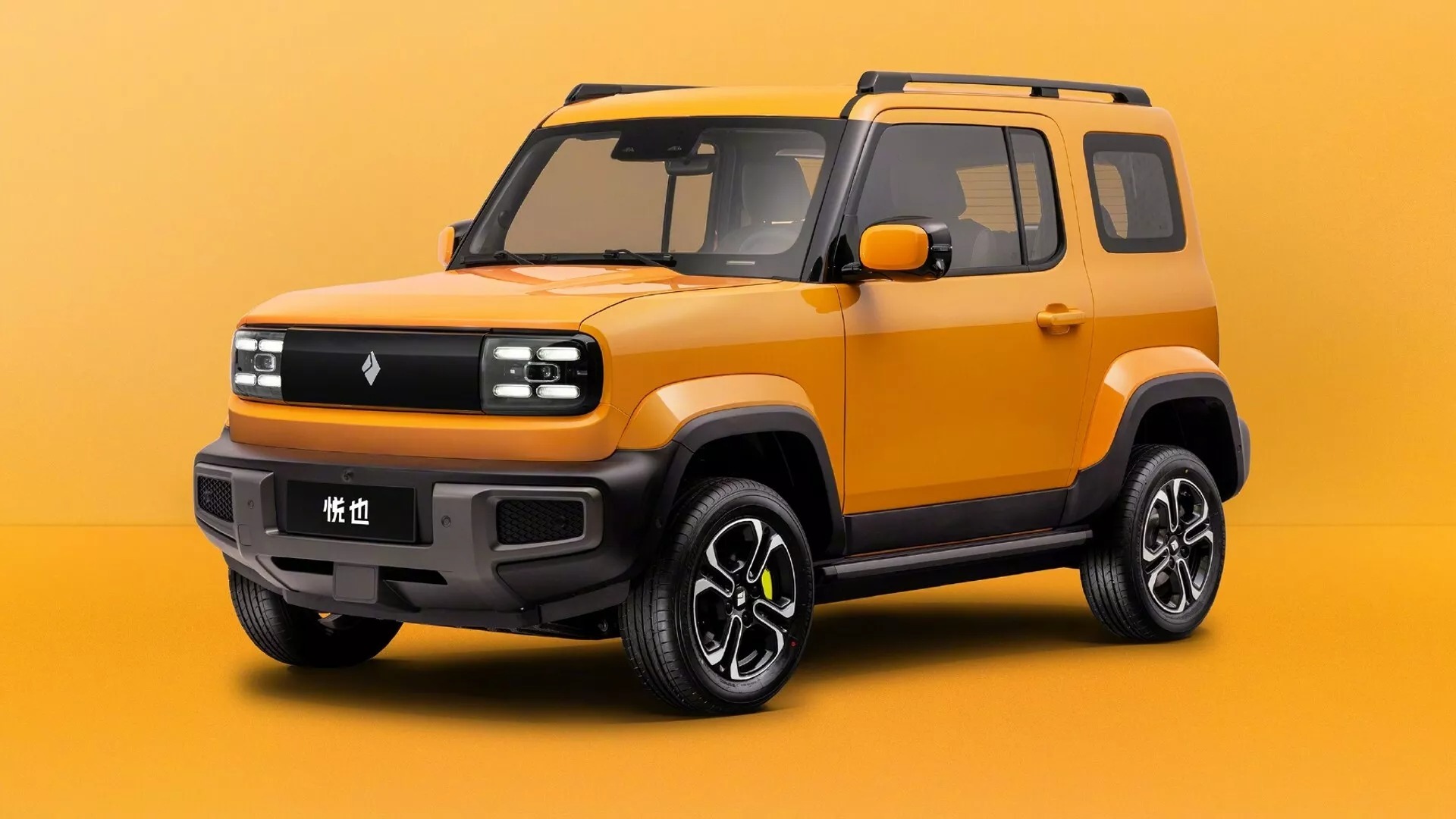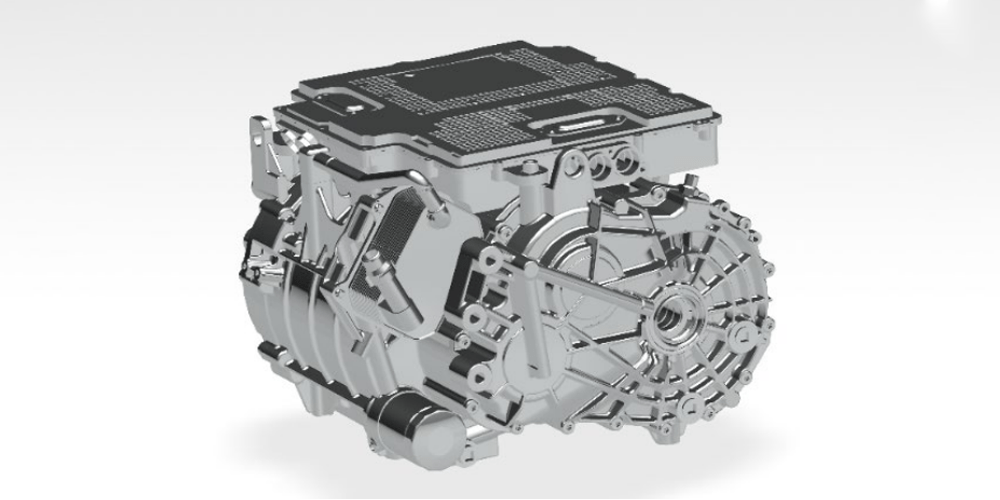Ford is teaming up with China’s CATL, the largest EV battery cell supplier in the world, to build a battery plant in Michigan. The facility will produce enough batteries for up to 400,000 Ford electric vehicles each year, and is set to start production in 2026.
This move is crucial for Ford as it seeks greater profitability from its EVs, and will aid the automaker in ramping up to a late-2023 run rate of 600,000 EVs globally. The chosen site around Marshall, Michigan, could be Ford’s most significant industrial operation to date, as it focuses on expanding its electric vehicle offerings.
See also: General Motors invest More Than $3 Billion for Electric-Vehicle factory in Michigan
Ford is investing $3.5 billion to create a battery plant in the US, which will create 2,500 jobs. The plant will be owned by Ford and produce lithium-iron-phosphate (LFP) batteries, which tend to be less expensive.
The company claims that it will produce “one of the lowest-cost U.S.-produced batteries.” While LFP batteries have been heavier and slower to charge in cold weather, new technology from CATL has enabled the cells to achieve energy densities close to current lithium-ion battery packs.
This is an advantage as LFP batteries are less prone to price volatility due to a more stable supply of critical materials. Ford will manage the workforce and receive any state incentives for the plant.
See also: Xiaomi is targeting to sell more than 10 million units of electric vehicles annually
The use of LFP batteries will potentially enable Ford to reduce prices due to an impending electric vehicle price war or increase profitability. Last year, the automaker announced plans to use LFP batteries for its electric vehicles.
Ford’s CEO, Jim Farley, has also revealed that the company’s future EVs will be “radically simplified” to minimize parts, streamline assembly, and use the smallest possible battery packs. This will help Ford remain competitive in the electric vehicle market while improving production efficiency.

